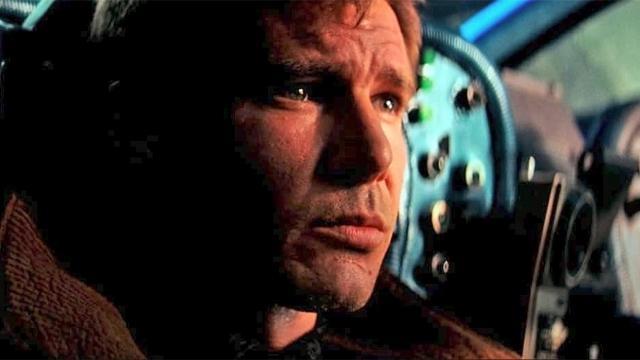
What is in a memory? Why do we feel emotions? How do they relate to our sense of identity, self and responsibility?
Blade Runner (1982) encourages us to reflect on how these questions about memories, emotions and selfhood not only define what it means to be human, but also how we relate to those who have similar capacities, including those who do not have an organic body.
The film provokes conversations on how the cognitive and emotive capacities of replicants - human-like androids with superior strength and a similar level of intelligence to humans - could influence how we perceive them and advocate for their rights and liberties.
The screening will be preceded by a brief introduction on robots in popular culture and on ethical issues raised by embodied artificial intelligence. After the screening, there will be a panel discussion involving scientists and ethicists.
So come and join us in exploring the meaning of memories, and how they relate to life, love, and liberty, through this science-fiction classic.
‘A masterpiece of dystopian science-fiction on film’ - The Daily Telegraph
This screening is part of the SCIENCE. ART. FILM. series presented by the National Film and Sound Archive, Australian National Centre for the Public Awareness of Science and ANU Humanities Research Centre.
SPEAKERS
Associate Professor Adrian Carter is an ARC Future Fellow and Head of the Neuroscience and Society Group at the School of Psychological Sciences and Monash Institute of Cognitive and Clinical Neurosciences, Monash University. He also co-chairs the Australian Brain Alliance Neuroethics Subcommittee at the Australian Academy of Science. His research examines the impact of neuroscience on our understanding and treatment of addiction, mental illness and neurological disorders, including agency, identity, moral responsibility, privacy, stigma and discrimination; the use of coercion and the capacity for voluntary control of behaviours; and the use of emerging technologies such as brain stimulation, brain computer interfaces, wearables and neuroimaging, to treat mental illness.
Dr John Noel Viana is a research fellow at the Australian National Centre for the Public Awareness of Science at the Australian National University. He explores ethical, equity and diversity issues in health research, promotion and communication. He has a PhD in neuroethics, with a thesis examining ethical considerations in clinical trials of invasive brain stimulation in people with Alzheimer’s disease. He also has several bioethical publications on media portrayals of mindfulness apps, 3D bioprinting, and brain-computer interfaces; application of new neuroimaging modalities; and unintended effects experienced by people receiving invasive brain stimulation for Parkinson’s disease.
MODERATOR
Dr Anna-Sophie Jürgens is a Lecturer in Popular Entertainment Studies at the Australian National Centre for the Public Awareness of Science and the Head of the Popsicule – ANU’s Science in Popular Culture and Entertainment Hub. Her research explores the cultural meanings of science.
Location
Speakers
- Associate Professor Adrian Carter, Monash. Dr John Noel Viana, ANU. Dr Anna-Sophie Jürgens, ANU.